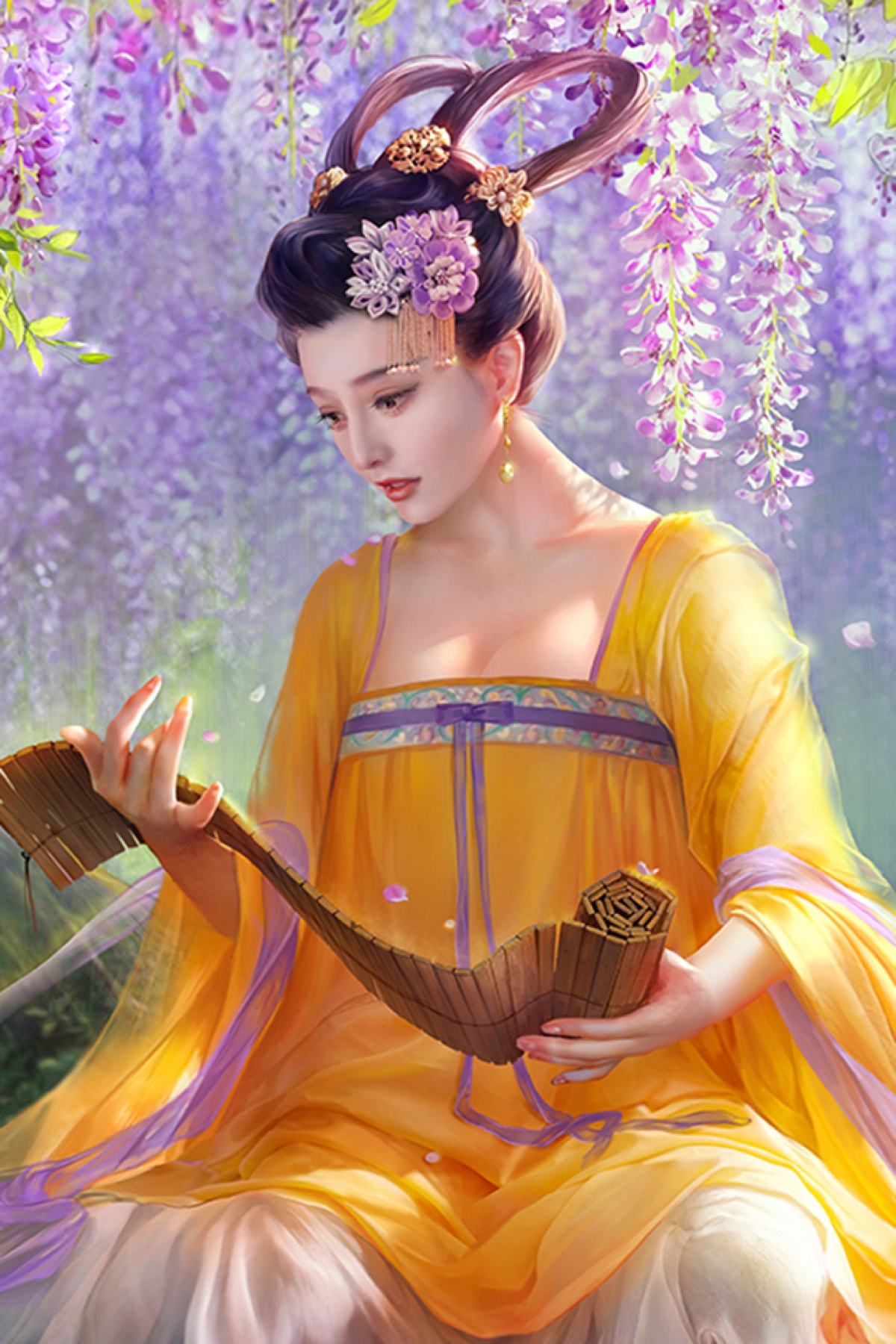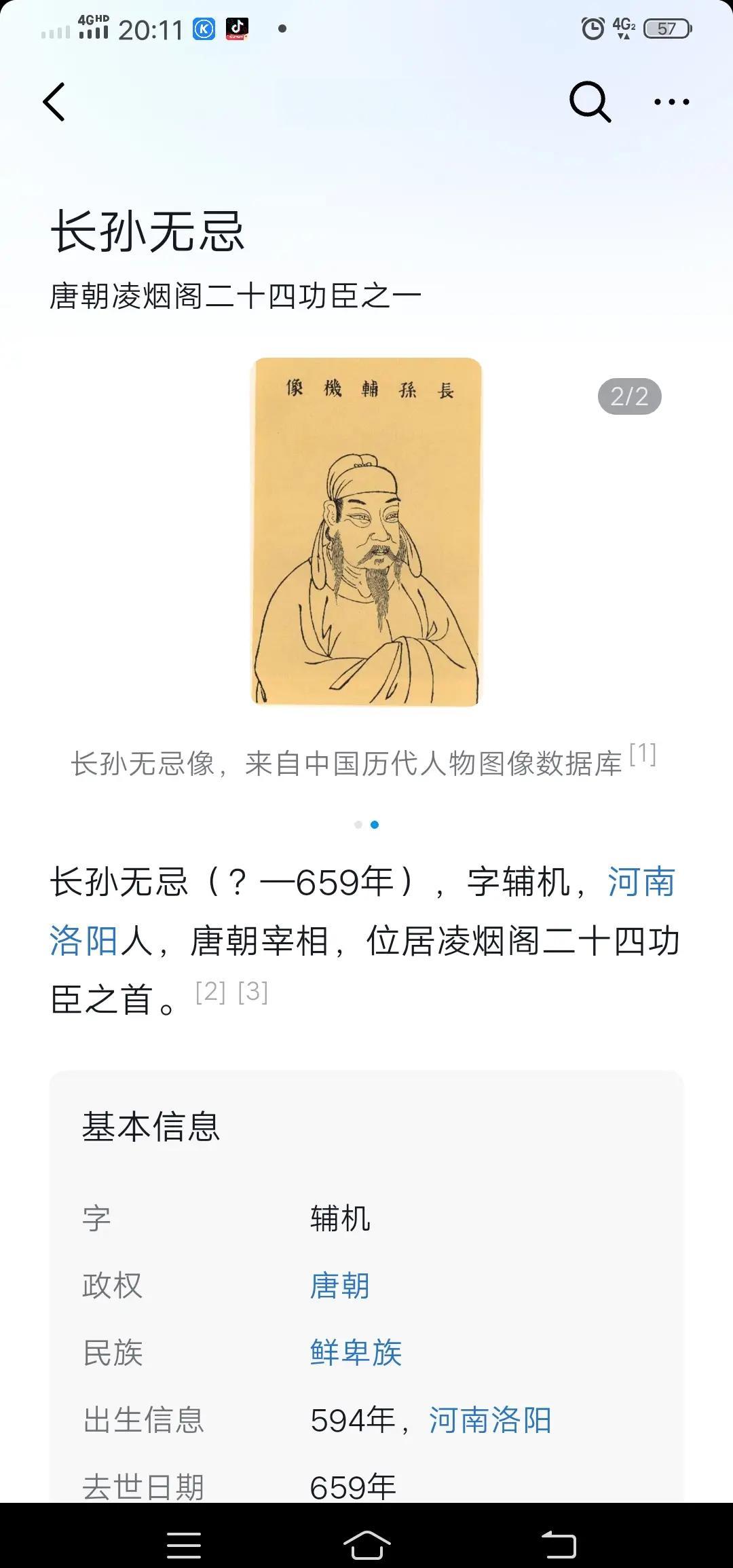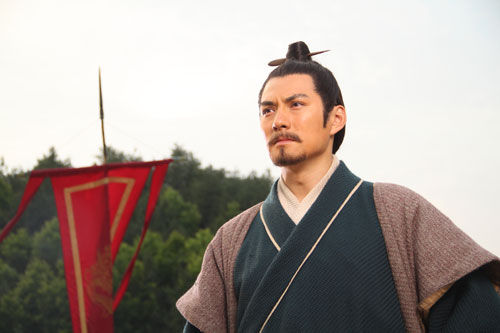The Tang Dynasty culture is the pinnacle of Chinese civilization in the past 2000 years, and the History Encyclopedia editor provides detailed related content for everyone.
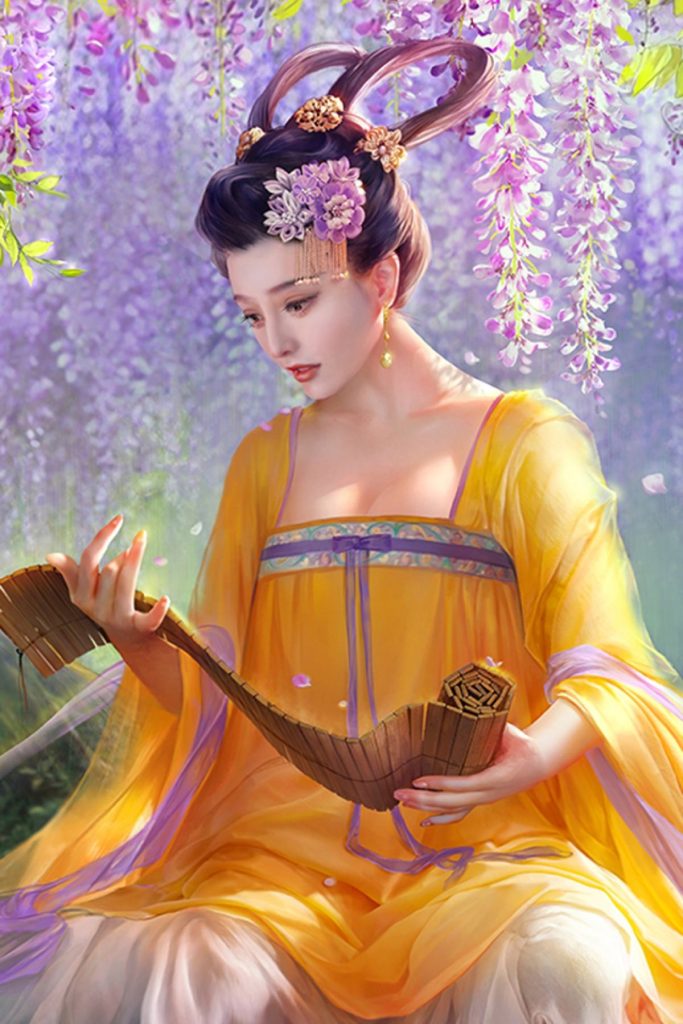
The well-known “Eight Masters of Tang and Song Dynasties”, also known as the “Eight Masters of Tang and Song Prose”. They are Han Yu and Liu Zongyuan from the Tang Dynasty, and Su Xun, Su Shi, Su Zhe, Ouyang Xiu, Wang Anshi, and Zeng Gong from the Song Dynasty.
We have more or less seen or learned their articles in our daily lives, such as Han Yu’s “Teacher’s Discourse”, Liu Zongyuan’s “Little Stone Pond Record”, Su Shi’s “Red Cliff Ode”, etc., which have all appeared in our classrooms. The literary achievements of the Eight Masters of Tang and Song dynasties are already at the peak of their time, which is beyond doubt. But what makes me curious is, what level of people do such literati belong to in political society? This leads to our little science popularization today, which is about who held higher or lower official positions among the Eight Great Masters of Tang and Song dynasties? Who is the ‘towering temple’ and who is’ far away from the world ‘? Let’s first introduce their official experience in chronological order.
Firstly, there is Liu Zongyuan. Liu Zongyuan was born in Hedong and rose to fame at a young age. At the age of 20, he passed the imperial examination and became a jinshi the following year, smoothly entering the officialdom. In Liu Zongyuan’s life, he served as the Zhengyu of Jixian Hall Academy, Lantian Captain, Supervising Censor Lixing, Minister of Rites Yuanwailang, Governor of Shaozhou, Sima of Yongzhou, Governor of Liuzhou, and so on. The highest official position held by Liu Zongyuan throughout his life was Governor, who was also the highest administrative officer of the state.
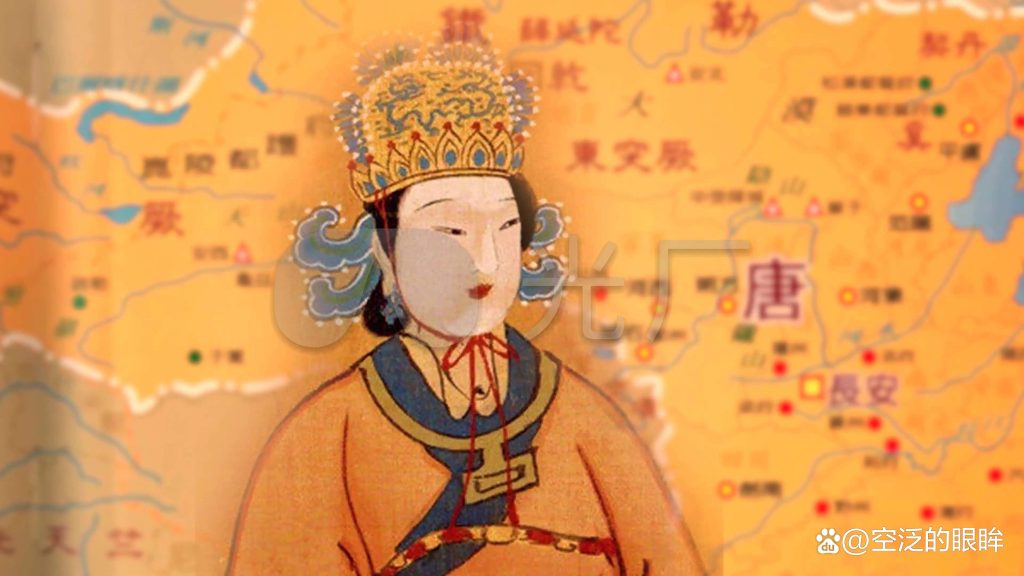
Han Yu is from Heyang, Henan, and passed the imperial examination at the age of 24. Han Yu served as an official in charge of external affairs, a compiler in the historical museum, a clerk in the imperial secretariat, and a military officer, with the highest official being a deputy minister in the Ministry of Personnel. In addition, Han Yu was an advocate of the ancient Chinese prose movement in the Tang Dynasty, enjoying the reputation of “the great master of literary works” and “the founder of the Hundred Generations of Literature”. For these two masters of the Tang Dynasty, it is natural that Han Yu, the Minister of Personnel, held a higher official position, as he was the deputy leader of the Ministry of Personnel.
Ouyang Xiu, born in Yongfeng, Luling, Jizhou, passed the imperial examination at the age of 23. Ouyang Xiu was also famous very early, because his writing style influenced a generation, so it can be said that Ouyang Xiu is a popular literary leader. Not only was Ouyang Xiu proud in the literary field, but he was also proud in the officialdom. He was a veteran of the three dynasties of Emperor Renzong, Emperor Yingzong, and Emperor Shenzong of Song, and held the position of a political advisor. It should be noted that in the Song Dynasty, a political advisor was a second rank official, equivalent to a deputy prime minister.
And what needs to be mentioned below is the father son trio, Su Xun, Su Shi, and Su Zhe. Father and son are all from Meishan, Meizhou. Father Su Xun traveled to various places when he was young and was not bound by the imperial examinations. Although he started studying hard at the age of 27, he failed several imperial examinations. This also made Su Xun famous, but he didn’t become an official until he was 52 years old, recommended by Han Qi, and served as the secretary of the provincial school and the chief clerk of Wen’an County, Bazhou. In fact, the main book is equivalent to the deputy post of the Supervisor of the County, that is, the so-called “deputy magistrate”.
Unlike his father who did not have a smooth career, Su Shi passed the imperial examination at the age of 20 and held the highest official position of Minister of Rites, which was second rank; At the age of 23, Su Zhe passed the imperial examination and became a jinshi. His highest official position was that of a palace attendant. Although it was a nominal position, he was still a civil servant worthy of his name.
The next thing to talk about is Wang Anshi, who successively served as the Pingzhangshi of the Central Secretariat and the Left Assistant of the Secretariat. Wang Anshi was born in Linchuan, Fuzhou. At the age of 21, he passed the imperial examination and became a jinshi. The most important keyword in his life was the “Wang Anshi Reform” named after him. Although the reform failed, it does not mean that the “Wang Anshi Reform” was meaningless. On the contrary, this reform achieved the effect of “enriching the country and strengthening the army” to a certain extent. As the promoter of this reform, Wang Anshi’s official position was equivalent to that of a prime minister.
The last one is the relatively unknown Zeng Gong. Zeng Gong was from Nanfeng, Jianchang Army, and only passed the imperial examination at the age of 38. However, Zeng Gong had a late bloomer style, and not only did his literary achievements make him one of the Eight Great Masters of the Tang and Song dynasties, but he was also a conscientious and responsible local official. He served as a local official for more than 10 years, serving as a governor in various places, equivalent to the mayor of a prefecture level city today. During his tenure, Zeng Gong, who was diligent in political affairs, cared about the hardships of the people and made many practical contributions to the local people. Later, Zeng Gong was appointed as a fourth rank official in the Imperial Secretariat, but this position was a transitional position for official promotion and not an actual official position.
After understanding the official positions of the Eight Great Masters of the Tang and Song dynasties, we can actually make a simple ranking. The highest official position is naturally Wang Anshi, followed by Ouyang Xiu, who is proud of the literary and official circles, and then Su Shi, Han Yu, Su Zhe, Liu Zongyuan, and Zeng Gong in that order. The lowest official position is none other than Su Xun’s position as the chief clerk of Wen’an County in Bazhou.
But from this ranking, we can also see that the literary attainments and official positions of the Eight Great Masters of Tang and Song were not directly related. Here, there were reformists who rose to prime ministers, as well as idle positions in Leshan Haoshui. However, they all became the choice of Zhu You to compile books in the early Ming Dynasty, and later became the Eight Great Masters of Tang and Song in history. This undoubtedly confirms their influence and achievements in literature, and also lets us know that whether in the martial arts world or in the temple, they can become the focus of the literary palace. This is both strength and perseverance.
